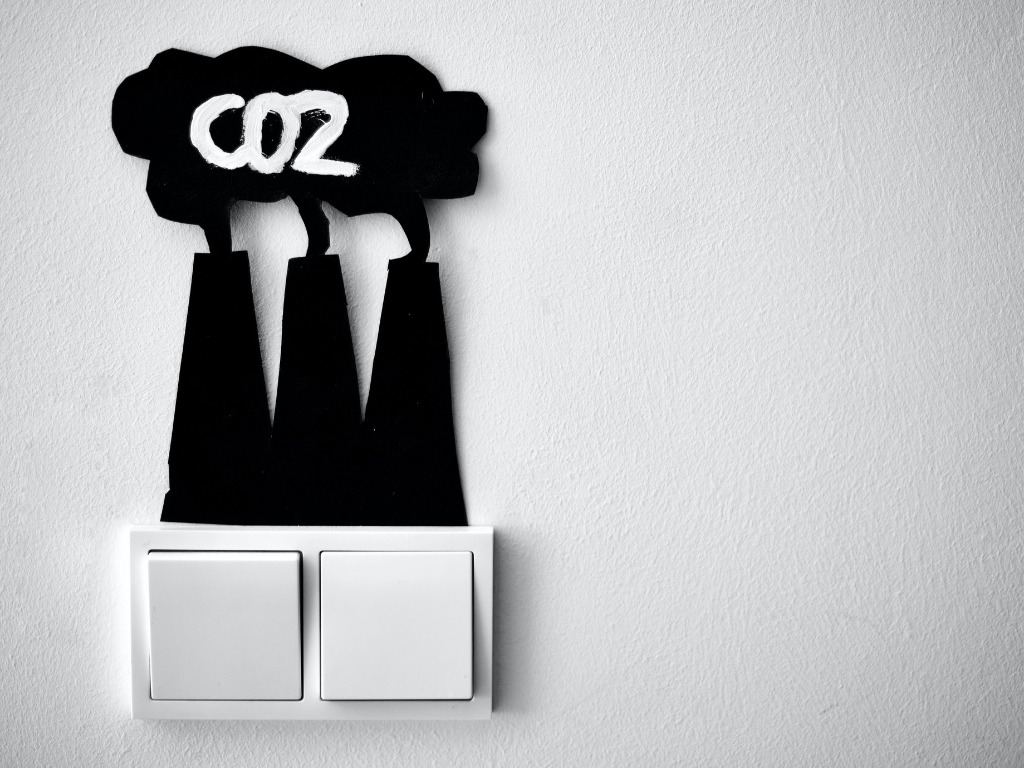4 Mins Read
Twenty-five of the world’s largest companies who have made net-zero emissions pledges won’t hit their targets, says a new assessment from two climate groups.
According to a new report from the NewClimate Institute and Carbon Market Watch, climate pledges made by leading corporations will result in some emissions reductions, but not likely the net-zero targets many claimed.
Net-zero targets are critical in keeping global temperatures from rising more than 1.5° Celsius by midcentury. To do that, leading scientists and the United Nations have estimated that the planet needs to be carbon neutral by 2050. Currently, more than 80 percent of the global GDP includes net-zero promises.
But the new findings suggest that, on average, the commitments and current measures will only equate to about a 40 percent reduction on average—far less than the near-100 percent reductions promised.
The Corporate Climate Responsibility Monitor 2022
“We set out to uncover as many replicable good practices as possible, but we were frankly surprised and disappointed at the overall integrity of the companies’ claims,” said Thomas Day of NewClimate Institute. “As pressure on companies to act on climate change rises, their ambitious-sounding headline claims all too often lack real substance, which can mislead both consumers and the regulators that are core to guiding their strategic direction. Even companies that are doing relatively well exaggerate their actions.”
Based on the net-zero plans of the leading multinational corporations whose combined revenues total more than $3 trillion, according to NBC, only three of the companies—Maersk, Vodafone, and Deutsche Telekom—are on target to reduce their emissions by more than 90 percent. But five of the companies reviewed are likely to reduce emissions by fewer than 15 percent.

The average was less than 20 percent for all of the companies reviewed. In total, the top 25 companies represent approximately five percent of all current global emissions.
The groups behind the report accuse the firms of a “systematic effort” to exaggerate climate action using loopholes and in some cases obscuring data about emissions.
“We were shocked and surprised at the findings, especially because many of these companies position themselves as climate leaders,” Silke Mooldijk, a policy analyst at NewClimate Institute, said.
“If companies make such bold claims and pledges, they should back them up and also provide detail to assess the integrity of their targets and measures.”
Emissions reporting
The report found a trend amongst companies where only Scope 1 and 2 emissions were being reported. These include vehicle use or energy use in their facilities. But Scope 3 emissions are typically the biggest offenders as they apply to the entire value chain.
“Misleading advertisements by companies have real impacts on consumers and policymakers. We’re fooled into believing that these companies are taking sufficient action, when the reality is far from it.” said Gilles Dufrasne from Carbon Market Watch. “Without more regulation, this will continue. We need governments and regulatory bodies to step up and put an end to this greenwashing trend.”

Google, which has long been espousing a climate commitment, was found to be omitting Scope 3 emissions, which accounted for 60 percent of its emissions in 2020. The tech giant has claimed it’s been climate neutral since 2007 and targets 2030 as a deadline for becoming carbon-free. But the report also highlighted Google’s efforts to develop renewable energy and sharing its sources with other companies.
The report also highlighted the leading French supermarket chain, Carrefour, which claims it will be carbon neutral by 2040. The findings suggest that the chain also omitted Scope 3 emissions, which makes its net-zero claims less than 2 percent of all of its emissions. Carrefour made specific Scope 3 pledges—aiming to cut those by 29 percent by 2030, a move the report said was more significant, but it cautioned that those emissions weren’t covered by its carbon-neutral target claims.
The report also found increased offset strategies in place, a practice that has been heavily criticized as a way to shuffle the burden to other industries.
“Companies must face the reality of a changing planet. What seemed acceptable a decade ago is no longer enough,” said Dufrasne. “Setting vague targets will get us nowhere without real action, and can be worse than doing nothing if it misleads the public. Countries have shown that we need a fresh start when adopting the Paris Agreement, and companies need to reflect this in their own actions.”
Top photo by Jasmin Sessler on Unsplash




